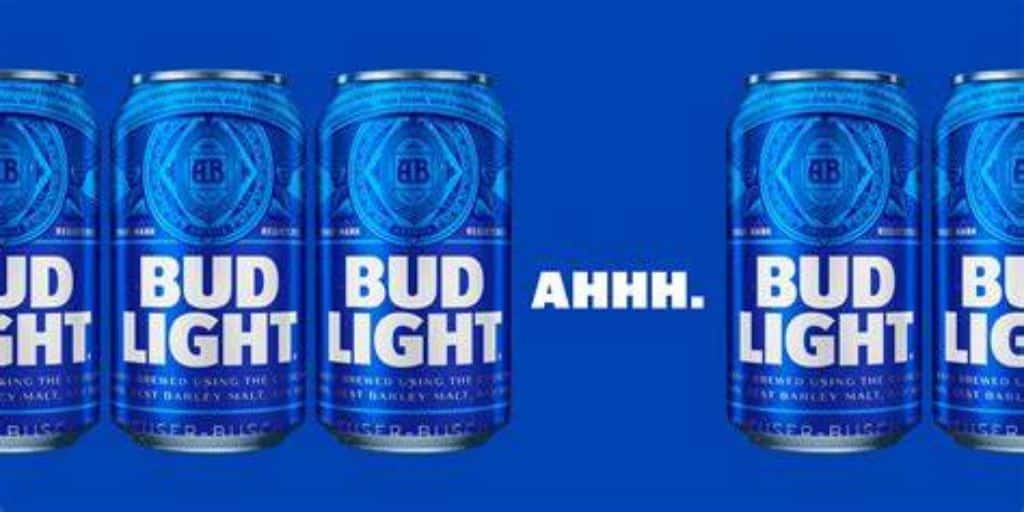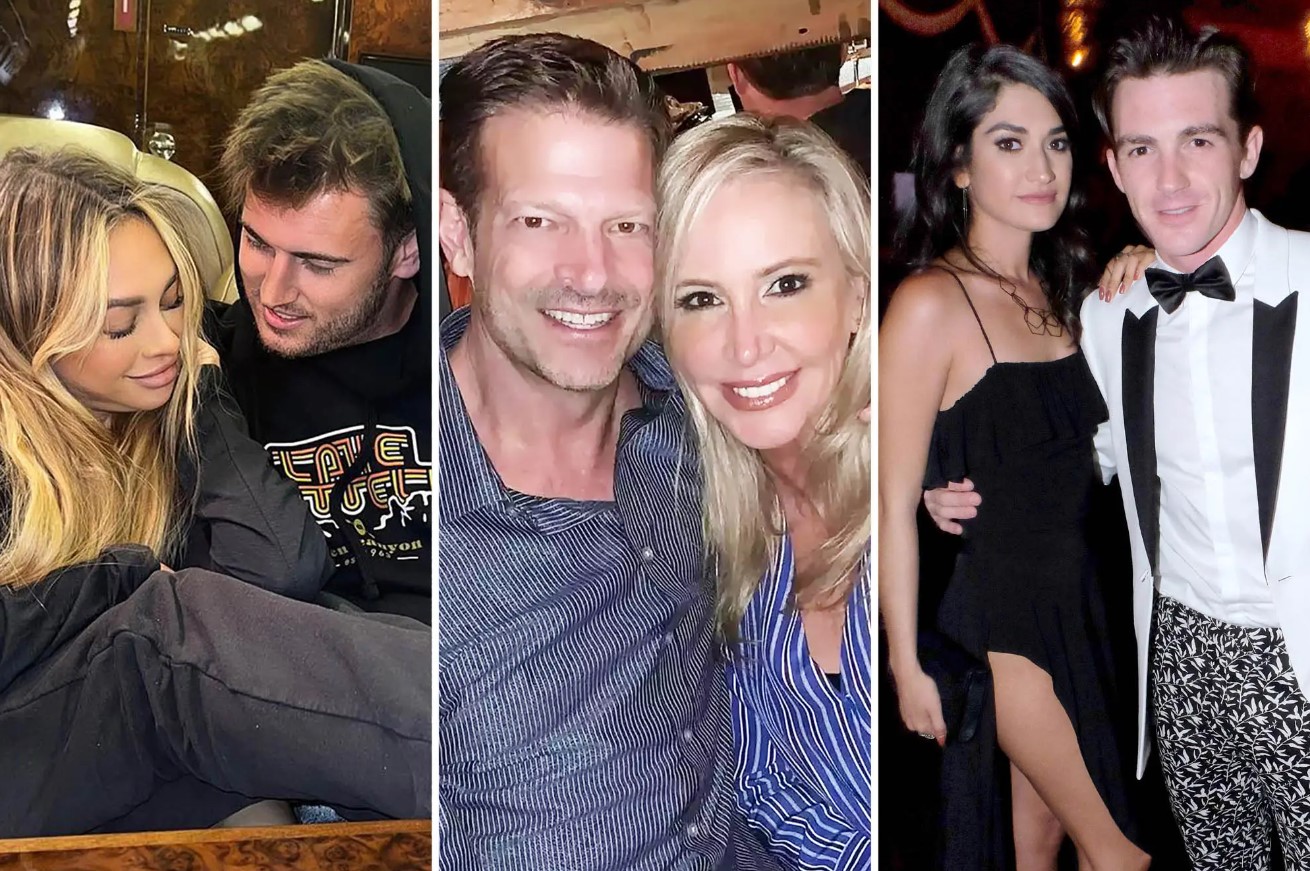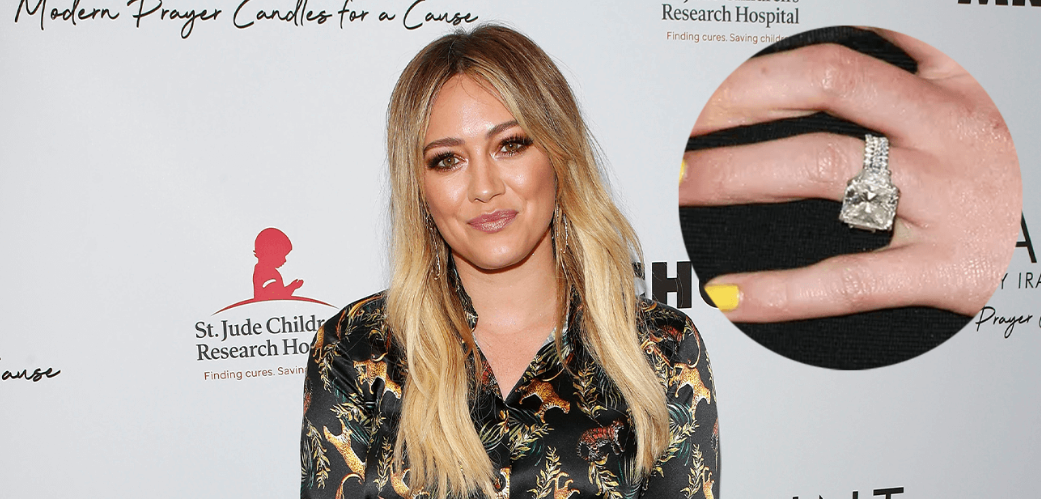Bud Light Controversy: The Boycott Takes Another Turn
Discover the Unexpected Turns in the Bud Light Controversy. Bud Light, a well-known American beer brand, has sparked controversy in recent weeks. Renowned for its impressive sales and customer base, this brand took a bold step by featuring transgender influencer Dylan Mulvaney in their latest advertising campaign.
In an effort to revive declining sales and attract a younger demographic, the campaign centered on targeting younger drinkers. The objective was to engage this audience and revitalize the brand, with the belief that appealing to the younger generation would lead to increased sales and customer acquisition.
However, their campaign had unintended consequences as it backfired, sparking a controversy that ultimately led to a decline in their sales. This controversy also divided their fan base into various factions, exposing a cultural war that became a prevalent topic in social media conversations.
Alissa Heinerscheid, the former vice president of marketing at Bud Light beer company, expressed that the company’s long-standing reputation as fratty and out of touch should be reconsidered if they aimed to attract younger drinkers and secure a promising future for the company.

When she presented her statement, she emphasized her precise understanding of the tasks she needed to undertake upon assuming control of the company. The brand had been experiencing a prolonged decline in sales, which posed a significant challenge for the company. Recognizing this, she realized that if they failed to attract younger consumers, the company’s future would be bleak, potentially leading to its closure. Therefore, her specific objective was to revitalize the brand and restore its previous dominance in the market.
The controversy has persisted for a considerable duration, yet it has recently undergone a surprising turn of events, which will be elaborated upon in the following article.
Bud Light Controversy Takes A Twist
The company believed that featuring Dylan Mulvaney as the centerpiece of their advertising campaign would be beneficial for their growth. However, their expectations proved to be incorrect as the outcome turned out to be detrimental. The head of the company’s decision backfired, resulting in negative consequences in terms of both politics and public perception. People began to distance themselves from the beer as a result.
The company’s loyal fanbase has been observed to distance themselves from the company, which has become uncontrollable. Gay bars in Chicago, following the company’s disassociation from the controversial ad campaign, faced hostility and reported instances of online harassment as they refused to sell AB InBev products.
The incident has shed light on the perils of getting entangled in the culture wars prevalent in social media discussions, showcasing the hazardous landscape it poses for businesses aiming to profit from ongoing trends. Nevertheless, Anheuser-Busch InBev, the parent company, remains hopeful about the beer’s prospects, citing its exceptional worldwide sales and performance.
Michael Doukeris, the CEO of Anheuser Busch, highlighted the significance of Bud Light for the company’s operations in the US. However, he clarified that despite its importance, Bud Light only contributed a minuscule fraction to the impressive $14.2 billion in sales and over $4 billion in profits the company achieved in the last quarter. Although some loyal Bud Light fans have now started to drift away from the brand, the negative response towards the beverage continues to endure.

The incident highlights the challenges businesses encounter while attempting to connect with younger consumers and stay relevant in an industry experiencing swift transformations. Engaging in cultural conflicts carries significant risks, as demonstrated by the strong backlash against Bud Light. It shows how easily situations can escalate.
The dispute has sparked concerns about corporations’ participation in the culture wars. Some critics argue that businesses should steer clear of sensitive social and political issues, while others believe that businesses have a responsibility to voice their stance on matters that impact their customers and employees.
As the debate on the involvement of corporations in cultural conflicts persists, Bud Light’s experience will undoubtedly serve as a valuable case study for other businesses venturing into these risky territories. Despite the challenges, enterprises will persist in capitalizing on prevailing trends and targeting younger demographics, recognizing the potential benefits awaiting them.




Post Comment